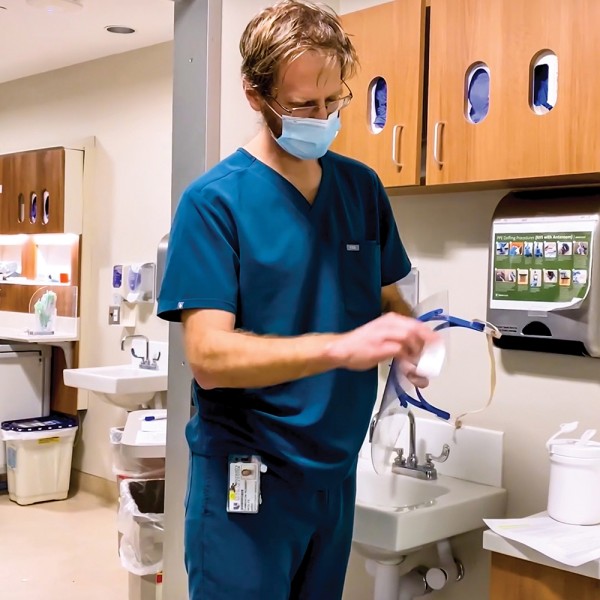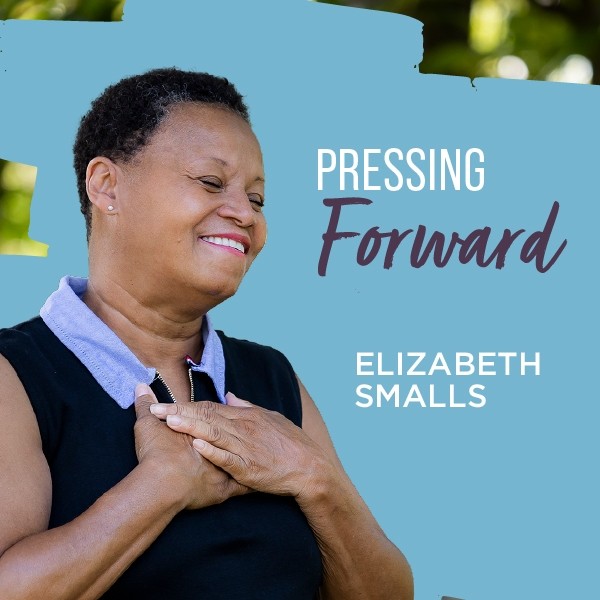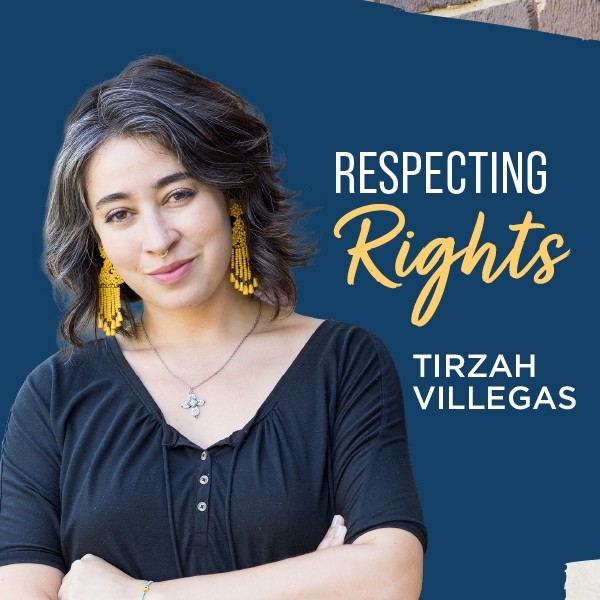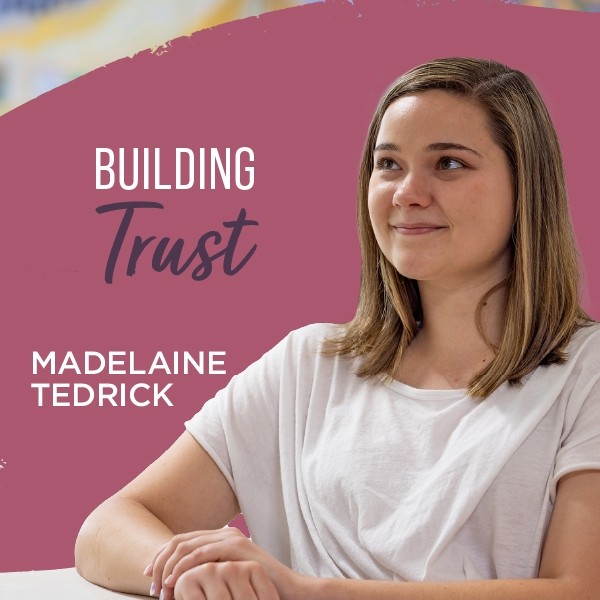Continuous learning isn’t just a life goal or work slogan for Dr. Cameron Wolfe: it powers his research as a Duke University Hospital physician specializing in infectious diseases. He scrambled to learn at warp speed as the deadly COVID-19 virus advanced, threatening to overwhelm hospitals around the globe.
Dr. Wolfe emerged as a key figure at Duke during the pandemic, patiently explaining the threat to the public while helping shape both the hospital’s efforts to save patients’ lives and the university’s efforts to keep students safe. He joined other Duke researchers in clinical trials that helped show the efficacy of molnupiravir and remdesivir, antiviral drugs now approved by the U.S. Food and Drug Administration for COVID-19 treatment.
But his role as a COVID-19 spokesman for the university and hospital proved perhaps his most challenging assignment. His medical training, as well as past experiences with Ebola, Zika and other viruses, gave him a framework for understanding the coronavirus. However, nothing prepared him for the conspiratorial misinformation and political divisions that sprang up as the pandemic progressed. His earliest COVID-19 patients seemed uniformly supportive of doctors and the quest for a vaccine.
But later patients included vaccine skeptics, some of whom regretted not taking vaccines; others remained steadfastly opposed.
“It was extraordinary,” he says. “It was our first big pandemic, and social media was everywhere. We saw how challenging it was for state and local public health to get messages into the public domain that weren’t just suddenly drowned by the noise.”
He suggests medical and public health officials confronting the next pandemic should lead their communications efforts with clear, straightforward messages rooted in data and aimed at mass audiences. After that, he says, they should seek out the preferred communications channels of skeptical subgroups and engage them there.
“It’s not just a communication issue. It’s become a political issue, and that’s where it gets incredibly murky,” he says. “As a scientist and physician, I have no street cred on the politics side of it. And yet it probably influenced my ability to do my job in the last two years more than anything else.”
He still has questions. How much of what happened was because it was an election year? How much was unique to COVID-19? “I don’t know those answers yet,” he says, “but there’s a lot of learning there.”
THE COMMUNICATION OF SCIENCE — HOW DO WE DO THAT ACCURATELY, ESPECIALLY IN THE URGENCY OF A PANDEMIC? WE’VE ALL GOT TO LEARN HOW TO DO THAT BETTER.

Photo Credits: Bobby Rettew, Duke University

LESSONS ON RESILIENCE
See more stories of individuals who are overcoming the new and evolving challenges of COVID-19 to serve and strengthen their communities.
Read Stories

